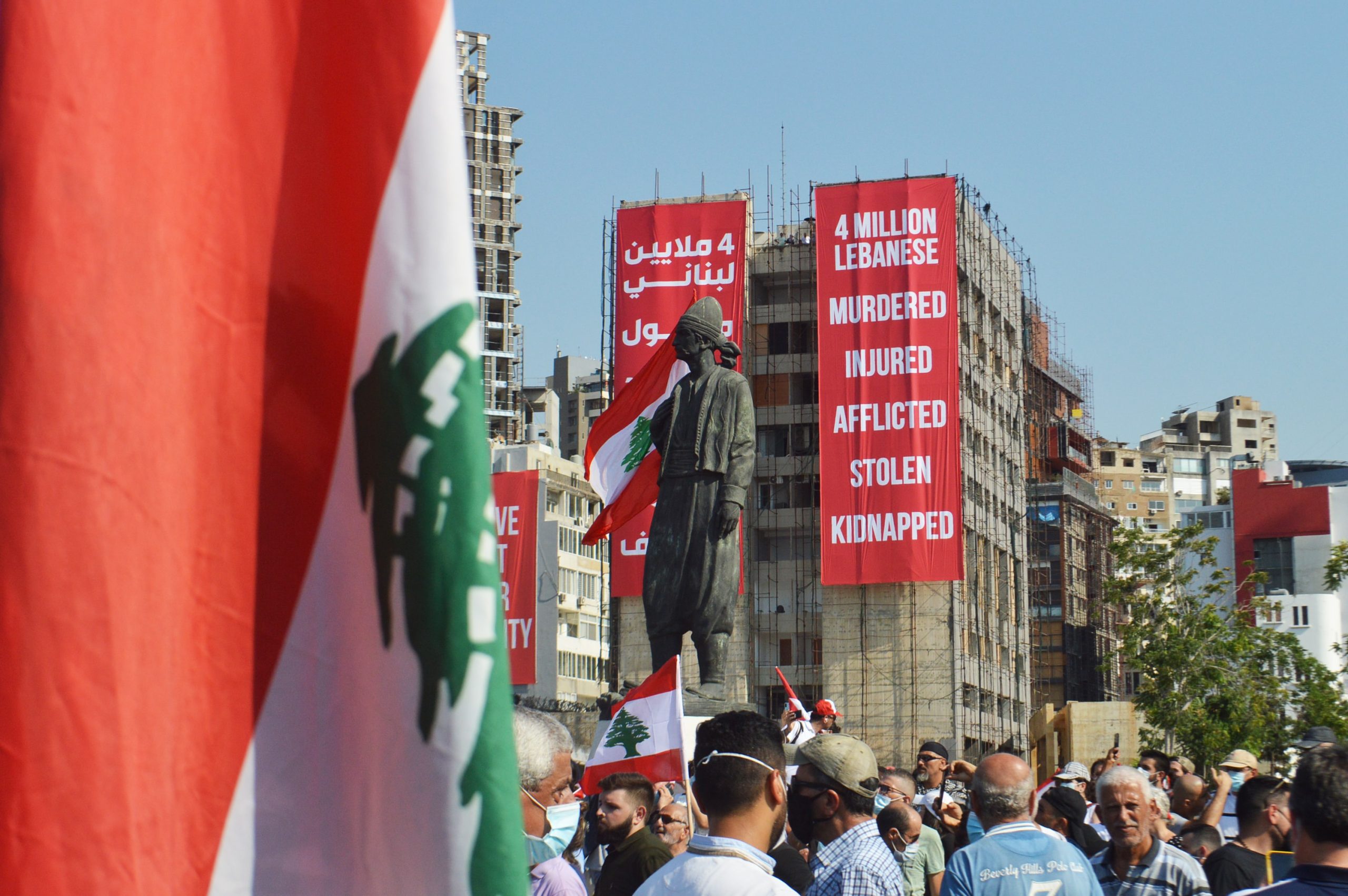Lebanon crisis having “grave consequences” for children’s health

Unicef
The yearslong economic and political crises plaguing Lebanon, along with rising food prices and worsening poverty, are having “grave consequences” for children’s health, the UN children’s agency warned Wednesday.
A third of children in Lebanon who needed health care last year could not access it by October 2021, UNCIEF said in a report.
The maternal death rate for mothers in the country nearly tripled between 2019 and 2021.
At the same time, 40% of Lebanese doctors, 15% of specialized Neonatal Intensive Care Unit nurses and 30% of midwives have left the country in recent years, UNCIEF said.
The COVID-19 pandemic and the economic crisis have also “severely affected routine vaccination of children, which dropped at an alarming level” last year, UNCIEF said. This has “left hundreds of thousands of children vulnerable to preventable and potentially deadly diseases such as measles, diphtheria and pneumonia.”
The health care crisis is especially acute for refugees living in Lebanon, including many Syrian children. Among four provinces assessed, UNICEF said, the number of refugee children who died within the first four weeks of infancy rose from 65 in the first quarter of 2020 to 137 in the third quarter.
Context: Lebanon has faced an economic meltdown since October 2019, with the Lebanese pound losing more than 90% of its value.
Unemployment has skyrocketed and rising prices have pushed more than 80% of the population into multidimensional poverty, which takes into account income, as well as other factors, including access to health, education and public utilities, according to the UN.
The crisis became especially dire after a deadly explosion in August 2020 killed more than 200 people and left roughly 250,000 people homeless.
In recent months, the country has also seen rising fuel and wheat prices due to Russia’s war in Ukraine.
What they’re saying: “With Lebanon’s health system being stretched to a breaking point by so many crises, many families can no longer afford to even travel to health facilities for basic immunization services, medication and treatment,” Ettie Higgins, UNICEF’s Lebanon representative, said in the report.
“Repeatedly, anguished parents and families are unable to access basic health care for their children — as many dedicated health workers struggle to keep operations running during the crisis,” Higgins added.
UNCIEF said “concerted action is critical to prioritize children’s health.”
“Lebanon cannot afford children to be in poor health and nutritionally deprived,” the agency said.
Related Posts
Syrian girl who survived horrors of war crowned Arab Reading Challenge champion
A Syrian schoolgirl who survived a deadly missile attack during the civil war in her country has been crowned Arab Reading Challenge champion in Dubai….
November 11, 2022Kind Hearts book is launched in Wexford Library where children recount life in Syria
We’ve become accustomed to seeing children arriving into this country from war-torn nations, grown used to images of terrified people seeking refuge in this safe-haven we have provided. But rarely do we see beyond those pictures, those snippets in time, each of them fading, merging into one as further conflict erupts in lands anew….
October 18, 2022


